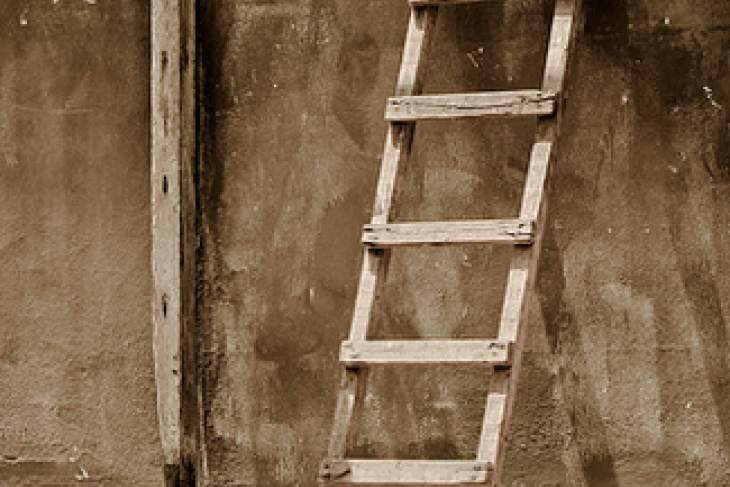Ever since I published my article in the special Education Next issue marking the fiftieth anniversary of the Moynihan Report, “How can schools address America’s marriage crisis?,” I’ve been hearing from friends—most of them liberal education reformers—questioning why I’d want to wade into such treacherous waters. It’s made me think that perhaps many of us on the Left and Right are talking past one another. Allow me to take another crack at explaining my intent.
First, let me clear: no purpose can be served by shaming single parents. There are millions of amazing single moms and dads out there, doing an incredible job raising their children.
Nor should we provide an excuse for schools—to help unions and others explain away the low performance of many children who come from one-parent families.
My concern isn’t with people who have already gone down the road to single parenthood. By all means, we should support them and cheer them on as they do the hard work of parenting. My concern is for the young people whose family formation decisions still lie ahead of them—those who might, in Isabel Sawhill’s memorable phrase, tend to “drift into parenthood.” My argument is that educators and reformers should worry as much about the future parenting decisions of their charges as they do about their future educational choices. That’s because the evidence is quite clear that single parenthood, in general, is related to diminished academic attainment and achievement. It is both one cause of America’s growing inequality and a result of it.
One grand goal of education is to interrupt intergenerational poverty. Surely one measure of success is whether the children of low-income families are armed to climb the ladder to the middle class by adulthood. One high-profile strategy championed by schools like KIPP, Success Academies, Achievement First, Uncommon, et al. is to help these students prepare for college and support them until they complete a degree.
That makes a lot of sense; college has historically catapulted low-income individuals into the middle class. Of course, as we’re learning, it’s a bit more complicated than that. We need to help young people choose the right college and pick the right major. A four-year degree is typically best, but sometimes a valuable industry-certified credential will do just as well. Starting college less than fully prepared and not finishing can actually make matters worse, piling crushing debt onto a subpar education.
Another strategy worth considering—again, if our goal is upward mobility—is military service. Especially if linked to postsecondary education.
But these on-ramps to upward mobility are not the whole picture. There are also off-ramps that need to be avoided if young people are going to have a real shot at making it. Namely: prison, substance abuse, and early parenthood.
Here, too, let me take care to not paint with too broad a brush. Certainly, there are some young people who can bounce back from a prison record, a substance-abuse problem, or having a child as a teenager and still make it out of poverty. But surely we can agree that it’s a whole lot harder that way.
In sum, it should not be controversial to say that teenage pregnancy tends to be bad for the teenager and for her child; it shouldn’t be controversial to say that single parenthood, especially before finishing your education and getting established in the workplace, is generally something to be avoided, too.
And if that’s the case, then it should not be out of bounds to encourage educators and education reformers to consider what we might do to encourage young people to follow the “success sequence”—graduate from at least high school, work full time, and wait until at least twenty-one and (ideally) marriage to have children—as a sure route to the middle class, and to greater social justice in our society.


